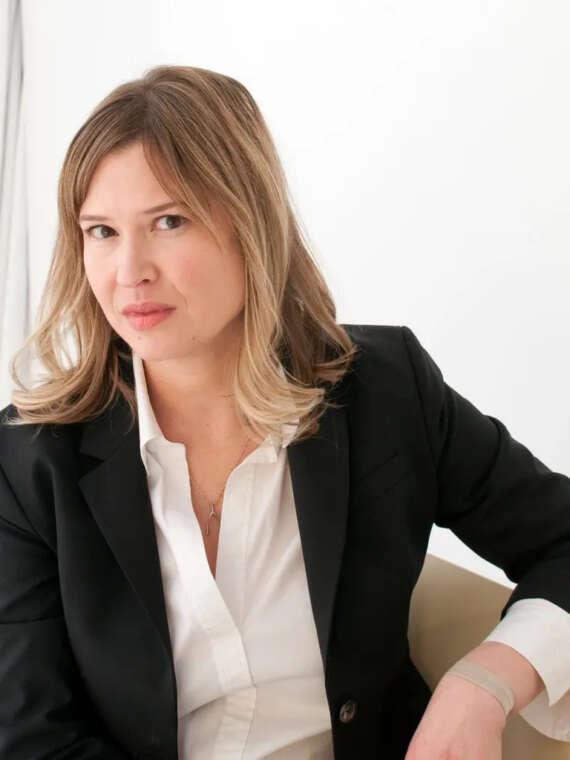Johanna Burton is the Maurice Marciano Director of the Museum of Contemporary Art (MOCA), Los Angeles. Since joining MOCA in 2021, she has spearheaded initiatives to support artists, audiences, and staff, including re-launching the MOCA: Focus exhibition series; prioritizing public and community engagement efforts; deepening the museum’s commitment to the environment and sustainability by establishing the Eric and Wendy Schmidt Environment and Art Prize; and embarking upon the historic “MAC3” collaboration between MOCA, the Hammer Museum, and the Los Angeles County Museum of Art, with philanthropist Jarl Mohn. Burton has been active in the contemporary art field for over 20 years, including more than a decade of leadership experience in major museums and prominent arts and education institutions. An art historian, curator, writer, and educator, Burton has curated major thematic exhibitions such as “Trigger: Gender as a Tool and Weapon” (2017) at the New Museum, and “Take it or Leave It: Institution, Image, Ideology”(2014) at the Hammer Museum, Los Angeles, along with major monographic exhibitions with artists including Jeffrey Gibson, Simone Leigh, Sherrie Levine, and Haim Steinbach. She served as series editor for the New Museum’s Critical Anthologies in Art and Culture (2015–2020), edited the October Files book devoted to Cindy Sherman (2006), and penned catalogue essays for artists including Carol Bove, Wade Guyton, Rachel Harrison, Ellsworth Kelly, Cy Twombly, and Sable Elyse Smith, among many others. Burton’s past posts include tenures as Executive Director of the Wexner Center for the Arts, Columbus, Ohio; Keith Haring Director & Curator of Education and Public Engagement at the New Museum, New York; Director of the Graduate Program at Bard College’s Center for Curatorial Studies (CCS), New York; and Associate Director & Senior Faculty Member at the Whitney Museum’s Independent Study Program (ISP), New York. She was a 2019 Center for Curatorial Leadership (CCL) Fellow.
Johanna Burton

“Art is what you can get away with.”
Andy Warhol